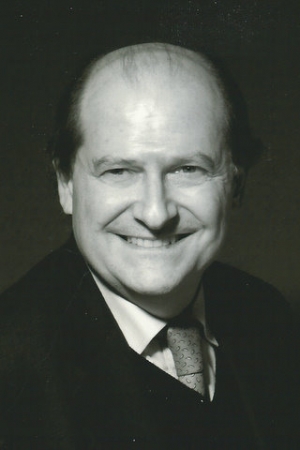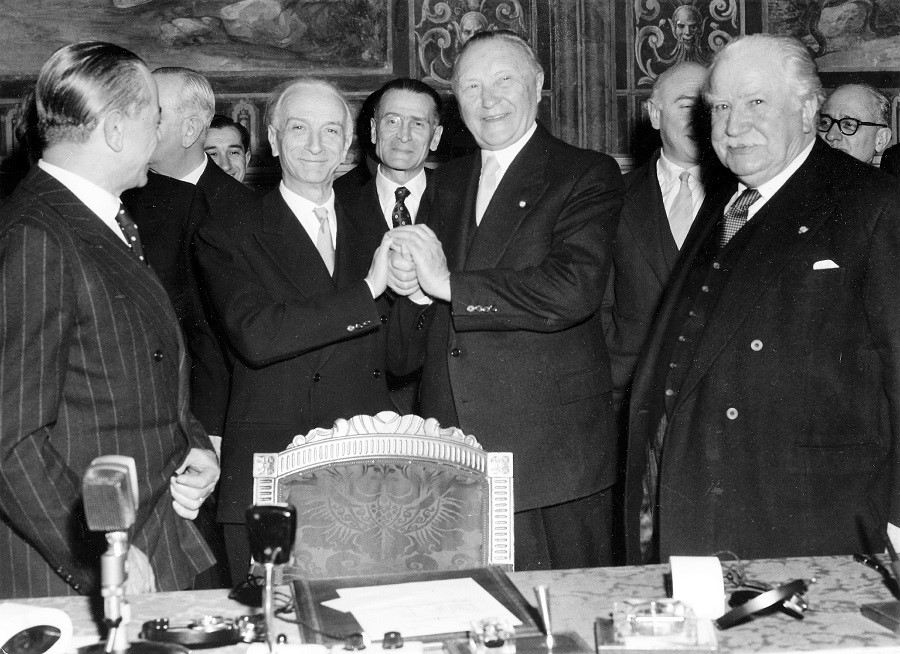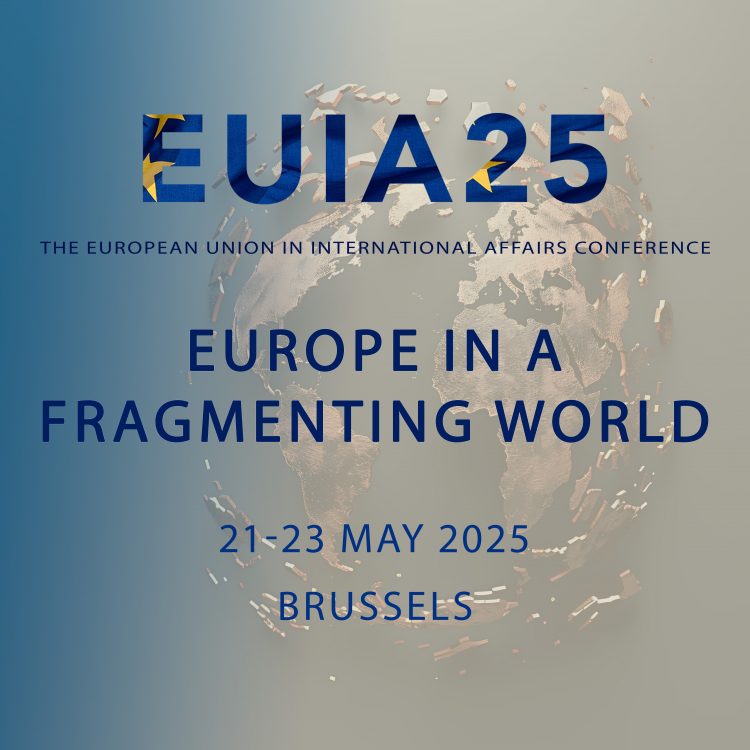 Mario Telo is Professor at the ULB and former President of the IEE. His work focuses mainly on European studies, political theory and international relations.
Mario Telo is Professor at the ULB and former President of the IEE. His work focuses mainly on European studies, political theory and international relations.
Essential achievements and challenges
The EU celebrates the 60th of the founding treaties on 25 March with a positive and controversial outcome.
1) Historians are unanimous: European integration has guaranteed almost 70 years of peace (since the OEEC and the Schuman Declaration) between former enemies through economic integration between neighbouring states and societies against exacerbated nationalism, economic protectionism, intolerance of the other, military degradation of conflicts. After 1989, this method produced a contagion in Eastern Europe and offered a message of reconciliation to the whole world. But in recent years, conflicts on the eastern and southern borders and the offensive of Islamic terrorism have reminded us of the fragility of security.
2) Sociologists and the greatest living European philosopher J. Habermas draw attention to the social model as the spiritual and material core of the EU. Despite the cuts of recent years and the great national diversity, prosperity and social cohesion are more consolidated than ever in European history and more than anywhere else on the planet: 50% of the world’s social security spending is made in EU countries, equivalent to 20% of the GDP of these countries, which benefits 7% of the world’s population.
But: The “great transformation” of the world economy is causing losers in our country and opening the scenario of the decline of the West….
3) Political scientists highlight, on the one hand, the consolidation of democracy in countries that had experienced the fascist and communist dictatorships of the 20th century and, on the other hand, the construction of the beginning of democracy between States: the European Parliament, participatory democracy, cooperation between national parliaments, the European Economic and Social Committee and European social dialogue. But this democratisation has not prevented the great populist wave, the crisis of national democracies and the EU’s growing legitimacy deficit.
4) In terms of the EU’s international role, we have witnessed the construction of a new global actor, a civil power for cooperation and peace in the post-bipolar world: a major trading power and development aid, the emergence of the Euro, the world’s second largest reserve currency, and, since the Lisbon Treaty, the European External Action Service (3500 diplomats and 139 embassies), the CFSP and the ESDP.
But, a feeling of international isolation is more and more widespread, especially in the world of Putin, Trump, Erdogan, Modi, Xi Jinping… Hence the question: is the EU adapted to the challenges of the 21st century?
To read the full article in French, please click here:




